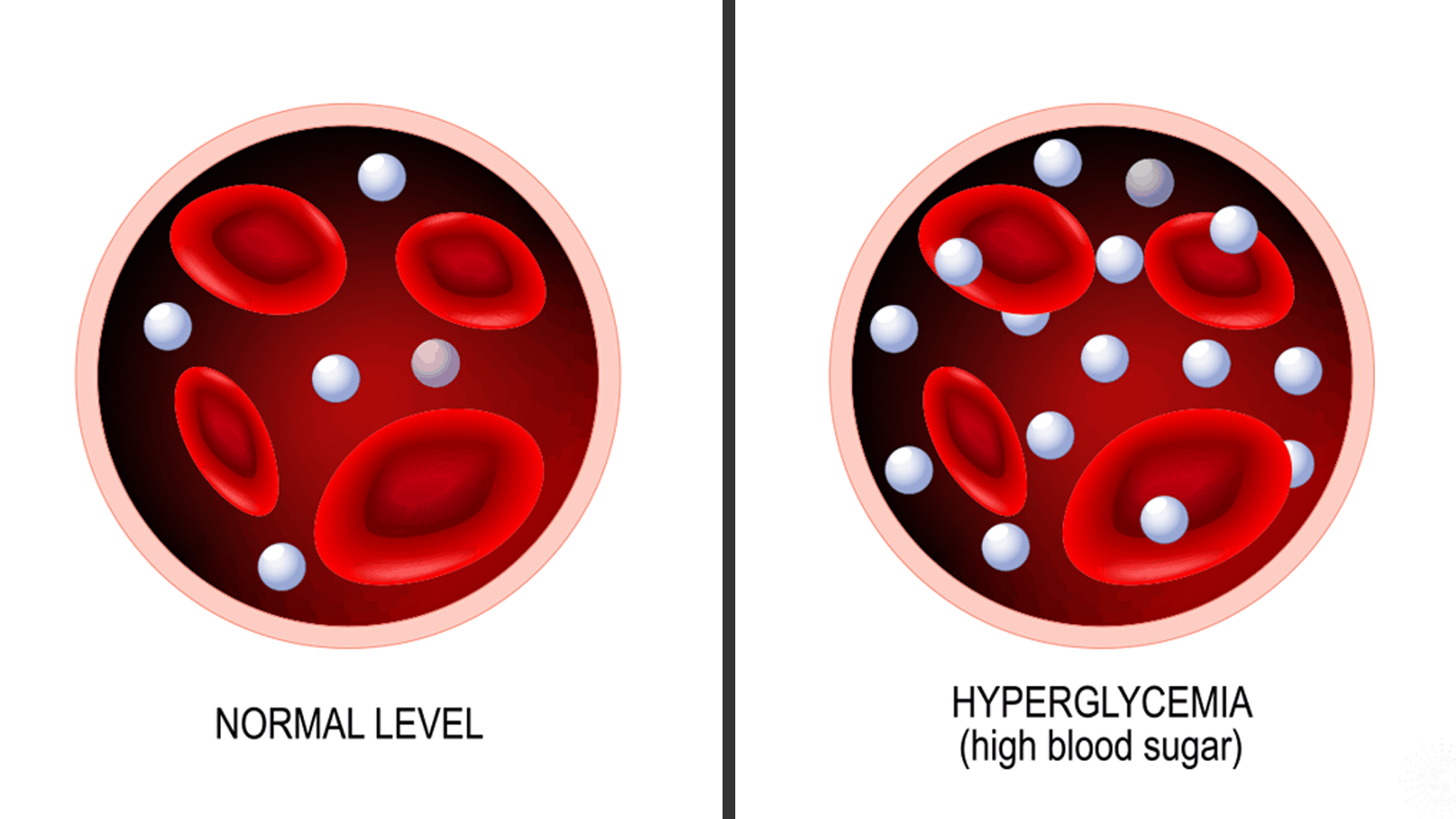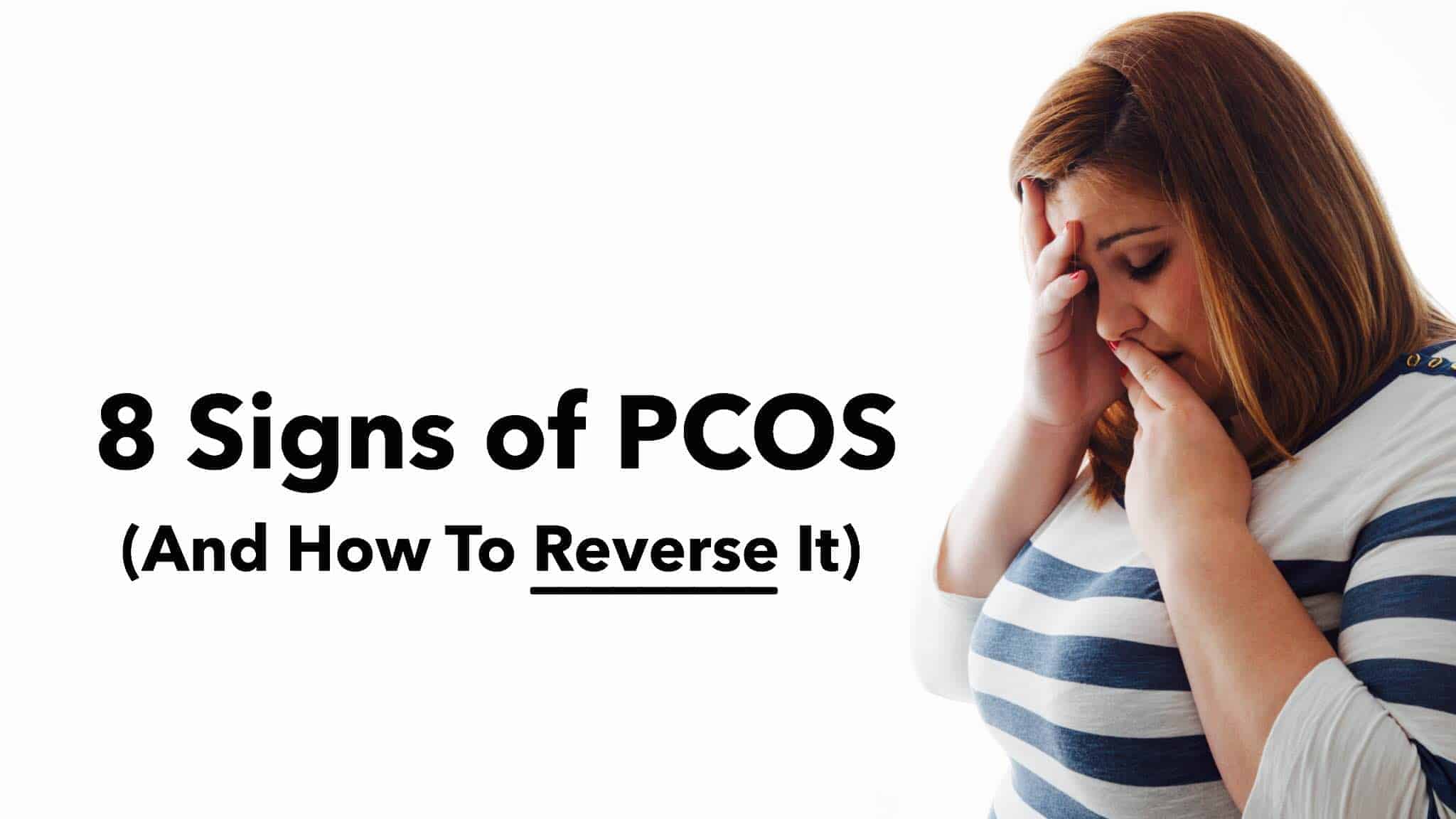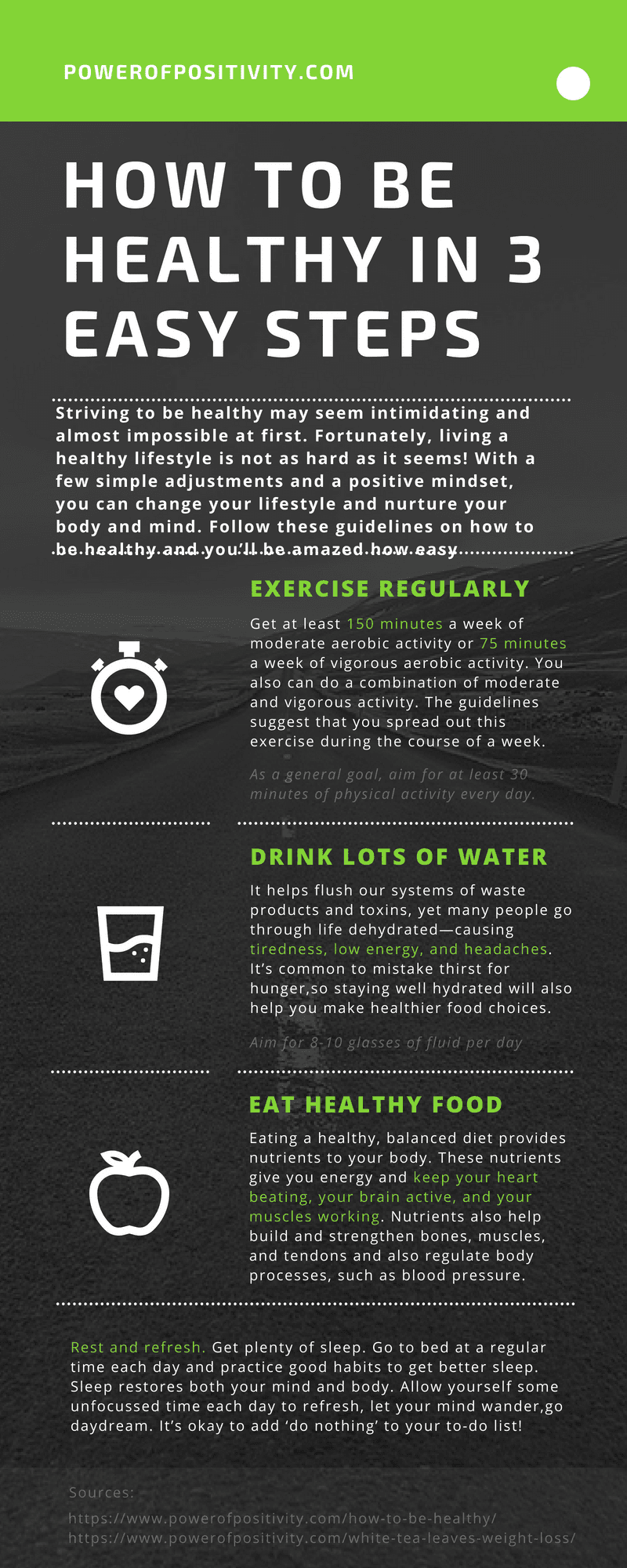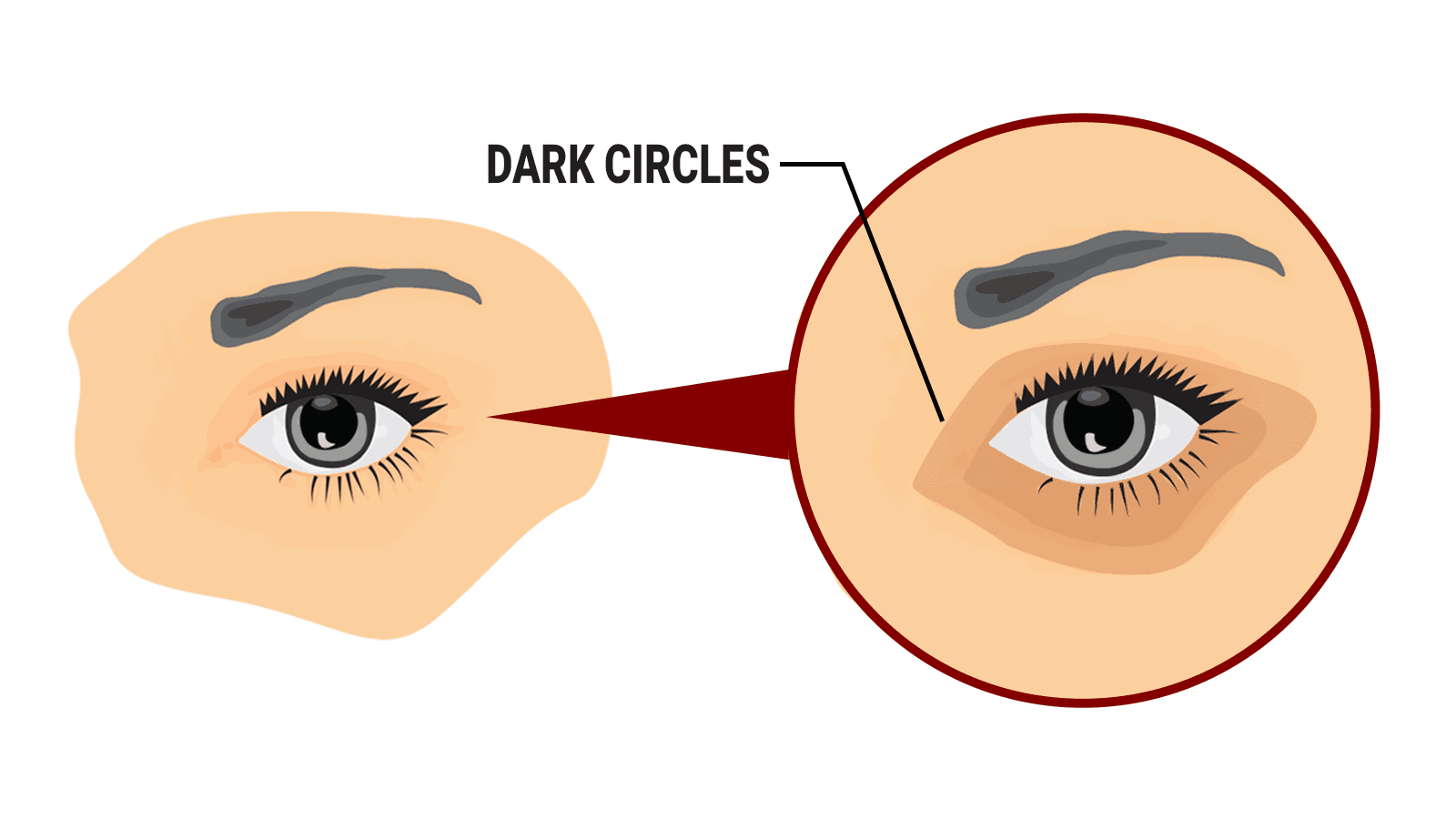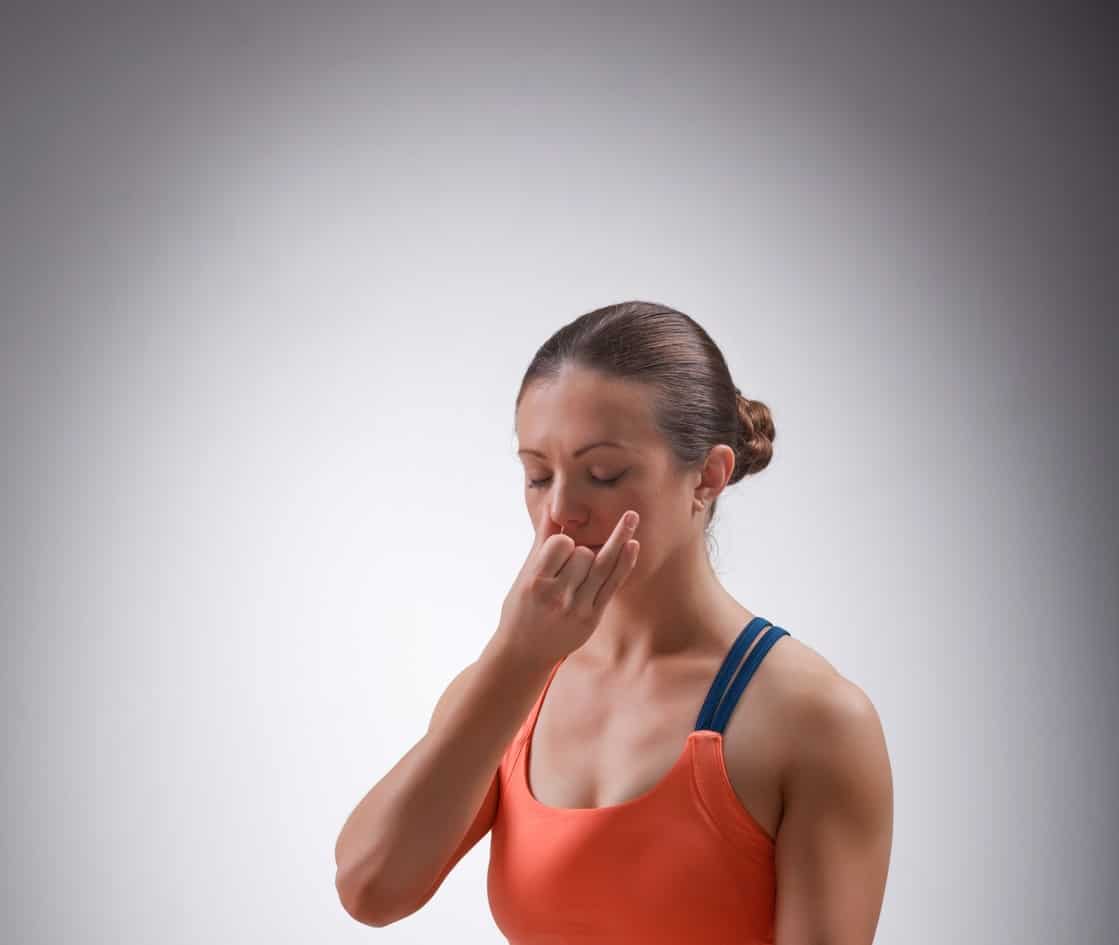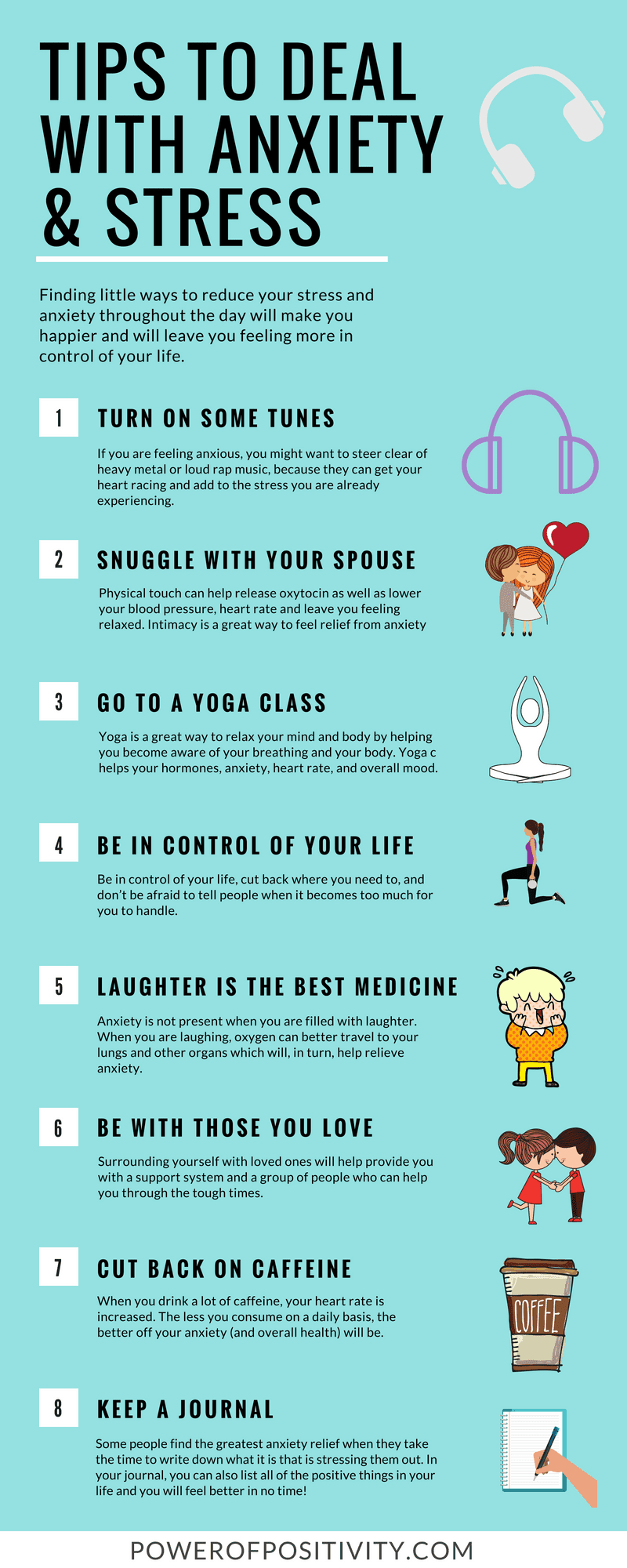The growing number of people with high blood sugar continues to mount. Age and lifestyle have been found to be more prevalent in cause than genetics. The question of how to control blood sugar naturally, is a subject that everyone needs to be aware of.
According to the American Diabetes Association, the number of people with some form of diabetes was projected to grow by 165% from 2000 to 2025. This is not an unfounded number given the current state of this disease. In 2015, 84.1 million Americans age 18 and older were diagnosed with prediabetes and over 1.5 million new cases per year have been reported since 2015.
Not All Sugar is Alike
The age-old theory of cutting out sugar to control blood sugar naturally, is only true to a point. It is the type of sugar that affects the body’s ability to manage. For instance, whole-wheat bread, brown rice and legumes have complex sugar content that is actually good for maintaining weight and adding necessary vitamins to your system. Simple sugar, on the other hand, does not metabolize quickly, causing a fluctuation of blood sugar levels. You find this type of sugar in foods like packaged snacks, fruit drinks, soda, and cereal.
A Generation of Slow Movers
The world of technology has become a comfortable way of life for many. The days of jumping in our cars to meet a new client or walking across a plant to check on the status of an order, are over. We now rely on laptops and iPhones for communication. While this may seem like a time-saving measure, it is also a blood sugar nightmare. Exercise is necessary to control blood sugar naturally. Movement of any type will help to keep levels regulated. Some top ways to place exercise in your daily routine include:
- Brisk walking
- Biking
- Swimming
- Aerobics or Yoga
Adding exercise to your daily routine can help to eliminate the conditions of prediabetes.
How Aging Plays a Part
Almost one-third of adults in the US over the age of 65 years have diabetes. This is due to the natural aging process that brings about insulin resistance and slowed physical activity. This is a major concern as more and more people enter their senior years. Learning how to control blood sugar naturally once your body begins to weaken, can greatly affect one’s quality of life.
If you are heading toward retirement, recognize that diabetes will be a real concern and take steps to control blood sugar naturally. Use a portable meter for monitoring your blood glucose in addition to follow-ups to your doctor. Your physician has probably already ordered an A1C test to keep an eye on how much oxygen-carrying protein is in your red blood cells. From here, diets, exercise and supplements may be suggested as a way to control blood sugar naturally. If caught in the early stages, you can control your own diabetic aging process.
Using a Glycemic Index
The Glycemic Index was developed as a way to rank carbohydrates based on their rate of glycemic response. By knowing which foods are responsible for triggering the fluctuation of blood sugar, you can learn to control blood sugar naturally. Understanding your glycemic index in relationship to carbohydrates and portions consumed can help you get a better handle on what your body needs to stay regulated.
Magnesium and Chromium
Magnesium and chromium are two essential minerals that the body needs to control blood sugar levels. It is not unusual for people to fall short in these natural minerals with a regular diet. With food processing, the natural state of minerals can be decreased significantly. Chromium-rich foods include egg yolks, whole-grain products, high-bran cereals, coffee, nuts, green beans, broccoli and meat. Magnesium-rich foods include dark leafy greens, whole grains, fish, dark chocolate, bananas, avocados and beans. If you find that you are lacking in these sufficient minerals, there are natural supplements on the market to help you balance the difference.
Water, Water, Water
Your kidneys help to flush out excess blood sugar that builds up in the body. It also keeps your blood hydrated. Fruit drinks and soft drinks contain sugar that can raise the blood sugar levels, defeating the purpose of eliminating excess blood sugar. Get in the habit of drinking plenty of water. You will be surprised to see a decrease of weight gain, too.
Diabetes is a troubling disease that can effect your daily life and create other medical issues. Without the proper stability, your heart can become weakened and distressed.
Other ways on how to control blood sugar naturally is getting enough sleep, losing weight and taking steps to manage stress.
https://www.youtube.com/watch?v=yG-G9_LOkLA

